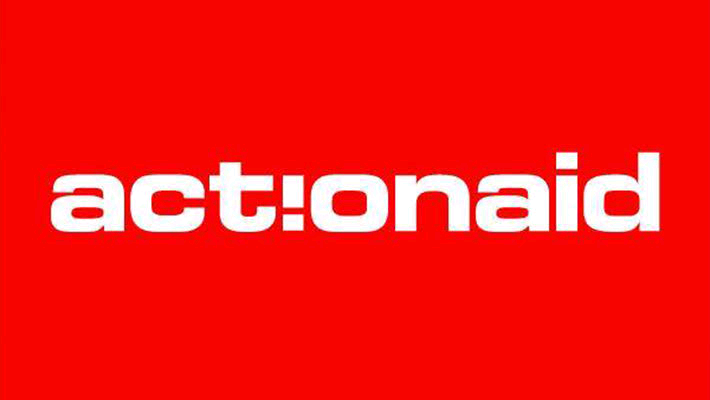2025 Budget: ActionAid Seeks Accountability, Inclusive implementation
A Non Governmental Organisation, NGO, known ActionAid Nigeria, has urged the Government to ensure accountability and inclusive implementation of the 2025 budget.
Communications Coordinator of the organisation, Oluwakemi Akinremi-Segun, said it was only by doing this that the Nigerian government could achieve its goals on the 2025 budget.
Akinremi-Segun stated these in his reactions to the 2025 Appropriation Bill presented to the joint session of the National Assembly by President Bola Tinubu on Dec. 18.
The bill was tagged: “The Restoration Budget: Securing Peace, Rebuilding Prosperity.”
Akinremi-Segun said that the allocated resources must be allowed to reach the grassroots, while institutionalising gender-responsive budgeting to address the needs of women, children and the marginalised groups.
“Budget should focus on people, driven by people, influence by people, consider people’s needs, benefit people and protect people.
“These are hallmarks of good governance and it resonates with Section 14 of the Constitution of the Federal Republic of Nigeria, which clearly emphasises that sovereignty belongs to the people,” she said.
According to her, this is also in line with Article 21 of Universal Declaration of Human Rights (UDHR).
Akinremi-Segun also stressed the need for the involvement of all stakeholders in the different stages of the budgetary processes, covering the planning stage to implementation, monitoring and evaluation stages.
She recommended the adoption of transparent mechanisms in order to track fund allocations and utilisation.
Akinyemi-Segun said that this should be in high-priority sectors like education, health and agriculture, adding that active citizens’ engagement should be fostered in the monitoring and implementation of the fiscal document.
“We call on all sectors to strengthen systems and provide necessary requirements for implementing this budget.
“Government should implement programmes that will prioritise accessible infrastructure and skill development for persons with disabilities (PWDs).
“While the ₦49.7 trillion budget demonstrates ambition in addressing Nigeria’s economic challenges, it also reveals a 74.18 per cent increase in nominal terms from the previous year.
“Several key areas on the budget require critical attention to ensure that the budget effectively impacts the lives of Nigerians, particularly the poor and the marginalised,” she said.
The communications coordinator expressed concerns about the budget, stating that the delay in funds disbursement and under-utilisation in key sectors prompting the extension of the implementation of the 2024 budget implementation to 2025 to address the gaps and unmet targets.
“With a public debt burden exceeding 40 per cent of GDP and a projected budget deficit of ₦13.08 trillion, fiscal sustainability is under threat.
“Debt servicing alone accounts for 33 per cent (₦15.81 trillion) of the budget, constraining investments in essential services,” she said.
Akinremi-Segun called for the development of a comprehensive debt management strategy to reduce reliance on borrowing and prioritise investments in poverty-reducing sectors.
“Nigeria should set a moratorium on new debts, especially foreign debts, except there are exceptional circumstances justifying the new debts and this should be in accordance with the provisions of Fiscal Responsibility Act (FRA), 2007.
“The county should also set a debt ceiling in accordance with Section 42 of the Fiscal Responsibility Act. This ceiling should be defined by debt-revenue relationship,” she said.
The communications coordinator urged the ministers of finance, education, health, agriculture and women affairs to ensure that allocated funds were efficiently utilised to address the pressing needs of Nigerians.
“We also call on the government to foster collaboration with civil society organisations to monitor the implementation of critical social interventions,” Akinremi-Segun added.
NAN


Comments are closed.